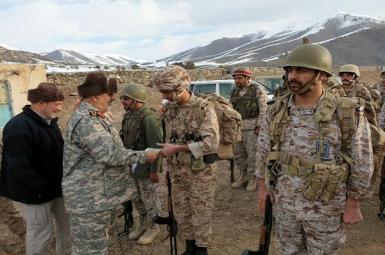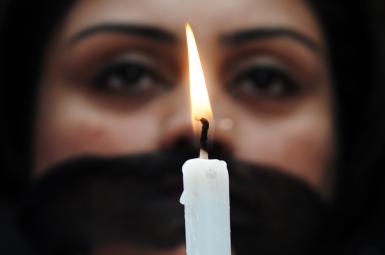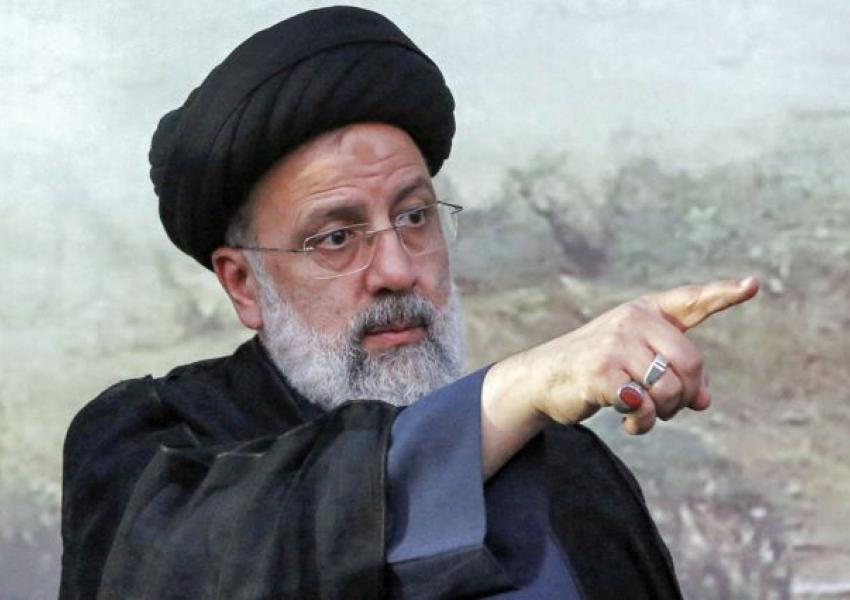
Iran's Raisi Forms Cabinet Including Terror And Corruption Suspects
One week after he assumed office, Iran’s new President Ebrahim Raisi has introduced his cabinet ministers to the Parliament (Majles) for vote of confidence. Neary half of the list presented by Raisi were members of former ultraconservative President Mahmoud Ahmadinejad’s government between 2005 and 2013.
Earlier, Raisi had appointed Mohammad Mokhber, a long-time key member of Supreme Leader Ali Khamenei's office, as his first vice president and Gholamhossein Esmaili as his chief of staff. Esmaili had the same post under Raisi when he was Judiciary chief during the past two years.
Wednesday morning, he introduced Massoud Mirkazemi, a former Revolutionary Guard officer who had served under Ahmadinejad as Oil Minister and Trade Minister and was implicated in a major financial corruption case in the early 2010s, as the chairman of Iran's Planning and Budget Organization.
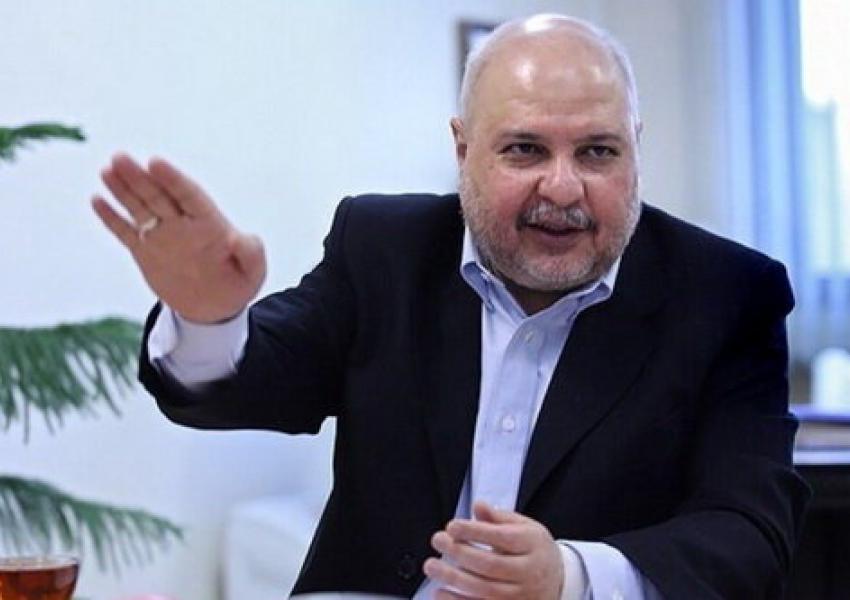
Raisi's Oil Minister Javad Owji was deputy oil minister under Ahmadinejad and has also worked with the notorious Mostazafan Foundation, a nominally charitable organization involved in large-scale commercial ventures. One of his populist ideas as deputy oil minister was laying an "Islamic Pipeline."
The new Minister of the Interior is IRGC General Ahmad Vahidi, one of the founders of the Ministry of Intelligence and a former IRGC Qods Force Commander. There is reportedly an international arrest warrant against him on charges of bombing of Argentine-Jewish Mutual Association in Buenos Aires in 1994. He was Ahmadinejad's Defense Minister. He is also banned by the European Union for his role in Iran’s nuclear proliferation activities.
The new Intelligence Minister Esmail Khatib was for years the counter-intelligence chief of Iran's Judiciary and has been a colleague of Raisi for nearly two decades. Khatib, a cleric, was Iran's chief warden for several years. He has also served at the administration of the holy shrine in Mashad.
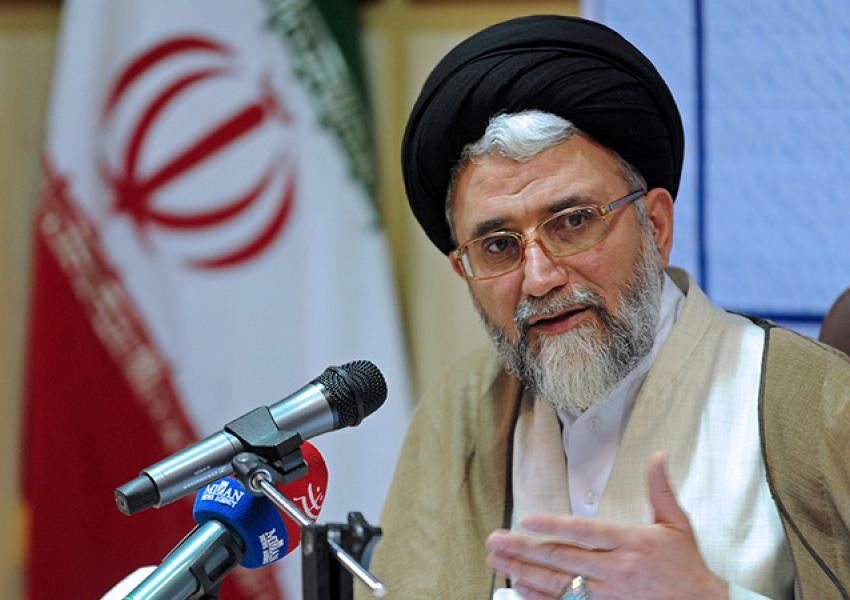
Ali Akbar Mehrabian who is going to be Raisi's Energy Minister has served under Ahmadinejad both as minister of mining and industry and was condemned at a court for stealing someone else's plan to build anti-earthquake homes.
Iran's new Foreign Minister Hossein Amir-Abdollahian was fired from the foreign ministry under Javad Zarif and moved from the parliament and remained there as an adviser to Majles Speakers Ali Larijani and Mohammad Bagher Ghalibaf. Last week he held a two-hour meeting with EU's representative Enrique Mora and assured him that Iran will return to the negotiations over the nuclear deal JCPOA.
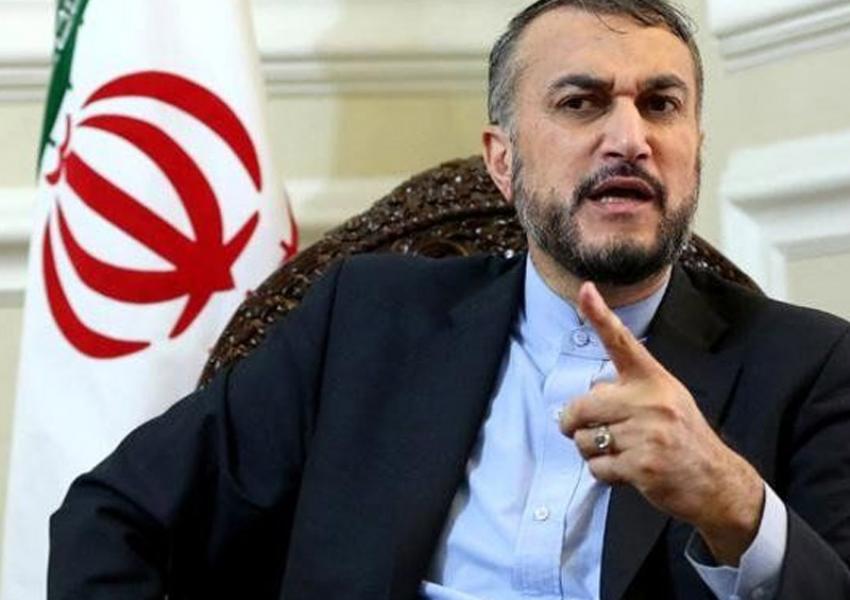
Ahmadinejad's oil minister Rostam Ghasemi who is known for his involvement in major corruption cases, is going to be Raisi's Roads and Transportation Minister. He was a presidential candidate but withdrew his candidacy in Raisi's favor.
Another presidential candidate who also withdrew his candidacy in Raisi's favor, was former state television chief Ezzatollah Zarghami, who is now nominated to be the Minister of Cultural Heritage and Tourism.
Current member of parliament Ehsan Khandouzi is Raisi, or rather Mokhber's choice for the post of Minister of Economic Affairs. His populist ideas have already been published in a book on Economic Justice in the Koran. Another current MP, Bahram Einollahi who has been chosen as Raisi's Health Minister is one of the signatories of a letter that called for a ban on US and UK-made Covid-19 vaccines.
Culture Minister Mohammad Mehdi Esmaili was Raisi's cultural adviser at the Judiciary and represented him at the state television's supervisory board. Iranian media close to the IRGC have characterized Esmaili as a "revolutionary" figure.
Other new cabinet ministers include Communication and IT Minister Isa Zarepour, Education Minister Hossein Baghgoli, Labor Minister Hojjatollah Abdolmaleki, Agriculture Minister Javad Sadati Nejad, Justice Minister Amir Hossein Rahimi, Defense Minister Mohammad Reza Ashtiani, Industry Minister Reza Fatemi Amin, Science Minister Mohammad Ali Zolfi Gol, and Sports Minister Hamid Sajadi Hazaveh.
Members of the Majles have said that due to Muharram holidays, it takes two weeks before the Majles can cast its vote of confidence. A member of the Majles Presidium, Alireza Salimi told reporters on Wednesday that the list may undergo some changes by Saturday when the presidium is due to acknowledge its receipt.
